People under stress usually don't take care of themselves, but rather partake in self-destruction. These bad behaviors range from binging on junk food, not taking care of ourselves or turning to alcohol or drugs.
It is not always easy to admit our own problems and failures. But the first step in stopping is admitting we have a problem. In the same way that we learn self-destructive behavior, we have to learn how to stop those behaviors.
The irony of self-destructive behavior is that we do it to relieve stress and make us feel better. But these behaviors usually make you feel worse. Being in a caregiving role is enough to make people turn to self-destruction.
Here are some steps to take to stop self-destructive behavior.
Identify Your Indulgences
You probably already know what your self-destructive behaviors are. We know we should be exercising but we don't. We understand that eating an entire box of cookies isn't healthy, but we can't seem to stop ourselves. Once you know what your self-destructive behaviors are, you need to find out what is causing them.
What Triggers Self-Destruction?
What is happening in your life at the exact moment that your urge for the bad behavior hits you? These events are called "triggers."
Keeping a diary helps. Then, you know exactly what you were doing the moment your behavior began – in other words, what triggered the bad behavior. For example, every time you feel the need to light up a cigarette, or binge on a box of cookies, or grab the bottle of vodka, write down what's going on in your life at that very moment.
Most likely, you will see a pattern. You might find that every time you get a phone call from a sibling asking how your elderly parent is, you reach for a cigarette. It could be that verbal abuse by your parent with Alzheimer's disease triggers you to go in search of sweets. Or you might discover that whenever the issue of money causes concern, the only solution seems to be alcohol.
How to Counteract Your Triggers
Once you have discovered your triggers, you must figure out how to counter them. "Coping skills" such as taking a walk, calling a friend or logging on to an online support group makes you feel better. Usually, you feel some relief immediately. When you experience your trigger, try to use one of your coping skills. You will be surprised at how good you feel when you succeed at resisting the urge.
Take Baby Steps
Another technique is to reduce the bad behavior rather than trying to go "cold turkey". Smoking two packs a day is worse than a few cigarettes. Eating a box of cookies is worse than a couple of cookies. Work on decreasing the frequency and quantity of the behavior.
Don't Blame Yourself
Having a self-destructive behavior does not mean you are a bad person, or an abnormal one. A large majority of people have some form of self-destructive behavior. We are all the product of conditioning - it just may be time to re-calibrate that conditioning. Start taking care of yourself and learning to love yourself now.
Get Help When You Need It
Some people can't conquer it alone. There is no shame in getting professional help from a therapist or counselor. Be honest about your behaviors so you can get the help you need to stop self-destructing.
 Dementia Signage for the Home
Dementia Signage for the Home
____________________





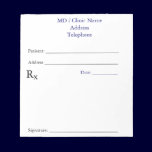

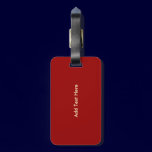






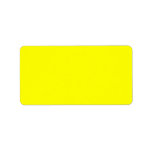



















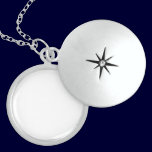
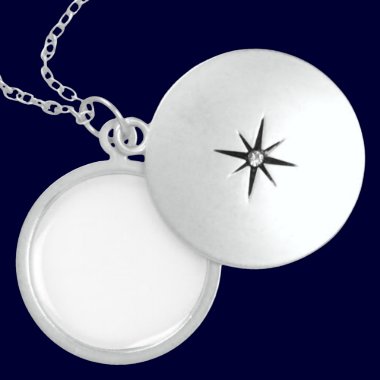


No comments:
Post a Comment